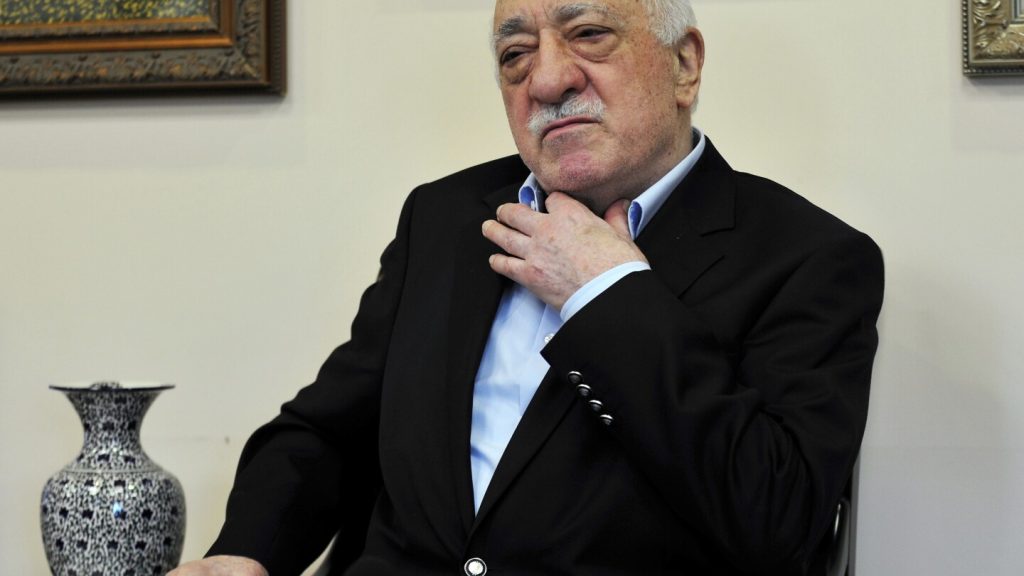Turkey’s President, Recep Tayyip Erdogan, responded to the death of exiled Islamic cleric Fetullah Gulen on Tuesday, calling it a “dishonorable death” and likening him to a “demon in human form.” Gulen, who had been living in self-imposed exile in the U.S. for decades, was accused by Turkey of orchestrating a failed coup attempt in 2016. Erdogan vowed to continue the struggle until the Gulenist movement is completely eliminated.
Once allies, Erdogan and Gulen’s relationship soured after the Turkish government closed some Gulen-run educational institutions and Gulen’s followers in the police and judiciary pursued corruption allegations against Erdogan’s government. Erdogan accused Gulen of orchestrating the 2016 coup attempt, which left 251 people dead and over 2,000 wounded. Gulen denied any involvement, while his supporters dismissed the charges as ridiculous and politically motivated.
Although Turkey put Gulen on its most-wanted list and demanded his extradition, the United States showed little inclination to send him back, citing the need for more evidence. The coup attempt led to an increase in authoritarian tendencies in Turkey, with Erdogan’s government implementing measures to consolidate power. Gulen’s movement faced a crackdown, with thousands of his supporters arrested, fired, and purged from the military. Schools, businesses, and media organizations tied to Gulen were also shut down.
Even organizations linked to Gulen outside Turkey faced pressure. Gulen denounced the crackdown as a witch hunt and criticized Turkey’s leaders as “tyrants.” Erdogan stated on Tuesday that Gulen died without being held accountable, but emphasized that divine justice will ultimately prevail. The death of Gulen marks the end of a tumultuous chapter in Turkish politics, highlighting the ongoing power struggle between Erdogan’s government and its perceived adversaries.


